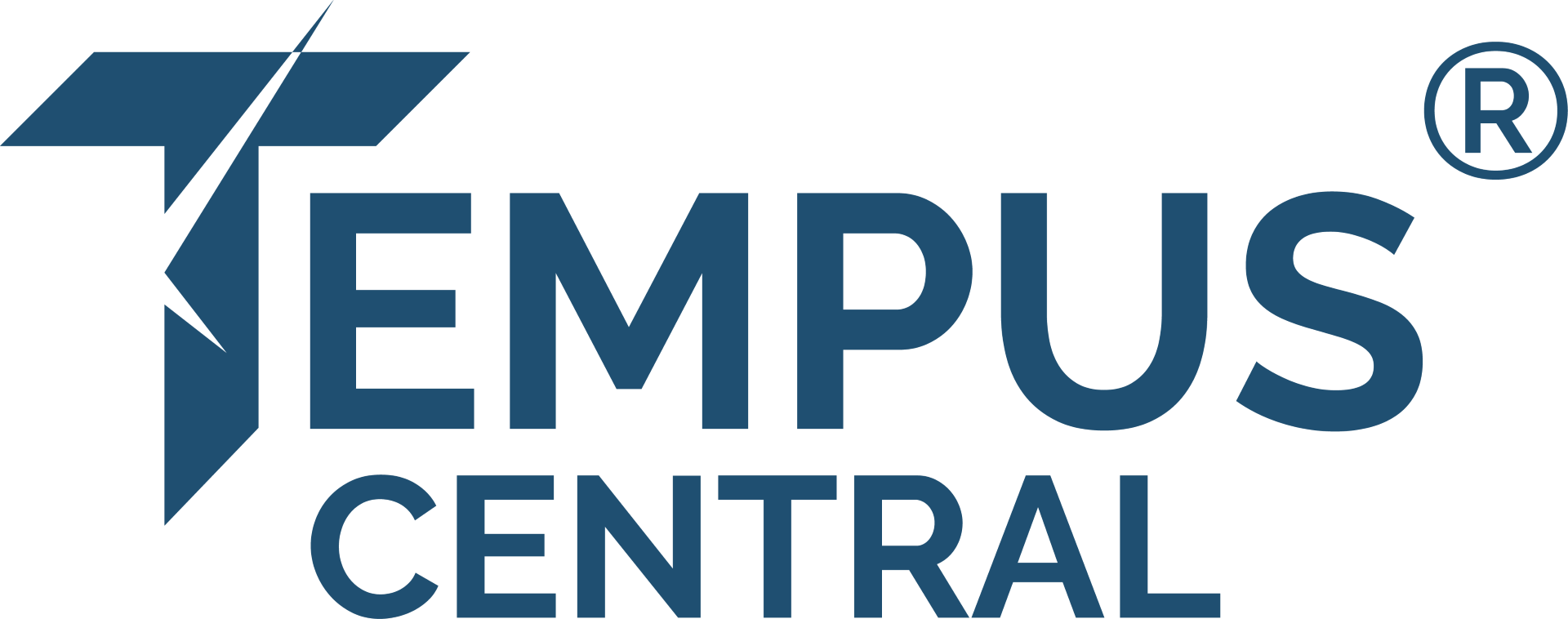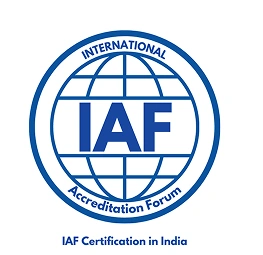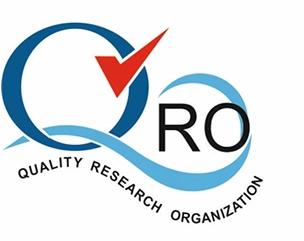
The Role of HR in Manufacturing Industries in India
Introduction:
- Brief overview of the manufacturing sector in India, highlighting its significance to the Indian economy.
- Mention of the evolving role of HR in manufacturing, focusing on how it has shifted from a primarily administrative function to a strategic partner.
Key Responsibilities of HR in Manufacturing Industries:
- Labor Management:
- Manufacturing plants often employ a large number of workers, with diverse skill sets. HR plays a crucial role in recruitment, deployment, and ensuring optimal productivity.
- HR is responsible for fostering positive labor relations, managing union relationships, and addressing worker grievances.
- Safety and Compliance:
- With strict regulations governing safety in factories (Factories Act, 1948), HR ensures that the organization complies with all necessary health and safety standards.
- The role includes managing worker safety training, conducting regular safety audits, and addressing any issues promptly.
- Skill Development and Training:
- Given the rapid technological advancements in manufacturing, HR ensures workers are equipped with the necessary skills through continuous learning and training programs.
- HR collaborates with industry bodies and vocational training institutions to enhance skill development and bridge the skills gap.
- Employee Engagement and Retention:
- In manufacturing, high attrition rates can be a challenge, especially in manual labor. HR develops strategies to improve employee engagement, build a positive work environment, and enhance retention.
- Introduction of incentive schemes, rewards programs, and recognition initiatives can help in keeping morale high.
- Workforce Diversity and Inclusion:
- In India, manufacturing is largely male-dominated, but HR is increasingly working towards creating more inclusive environments by promoting diversity, including the hiring of women in manufacturing roles, and ensuring equal opportunity.
- Technology and Automation:
- HR needs to adapt to technological changes such as automation and robotics by reskilling employees to work alongside new technologies.
- This also includes addressing the concerns of workers whose jobs might be impacted by automation.
- Industrial Relations and Legal Compliance:
- HR must stay updated with labor laws, including those that pertain to wages, benefits, and industrial disputes, ensuring compliance and fostering healthy industrial relations.
Challenges Faced by HR in Manufacturing Industries:
- Skilled Labor Shortages: There’s often a gap between the skills required and those available, necessitating upskilling and training.
- Union Relations: Managing relations between labor unions and employers can be challenging, requiring tact and negotiation skills.
- Safety Regulations: Ensuring compliance with safety regulations amidst the pressure of meeting production targets.
- Employee Morale in Repetitive Jobs: Many manufacturing jobs involve repetitive tasks, which can lead to low morale and motivation; HR needs to address this with innovative engagement practices.
Conclusion:
- Summarize how HR in the manufacturing industry is evolving into a more dynamic, strategic role.
- Emphasize the importance of HR in ensuring smooth operations, promoting employee welfare, and adapting to industry changes in the Indian manufacturing landscape.
- Tempus Central is a workforce management SaaS software that assists HR’s to perform their key responsibilities in the Manufacturing Industries.































